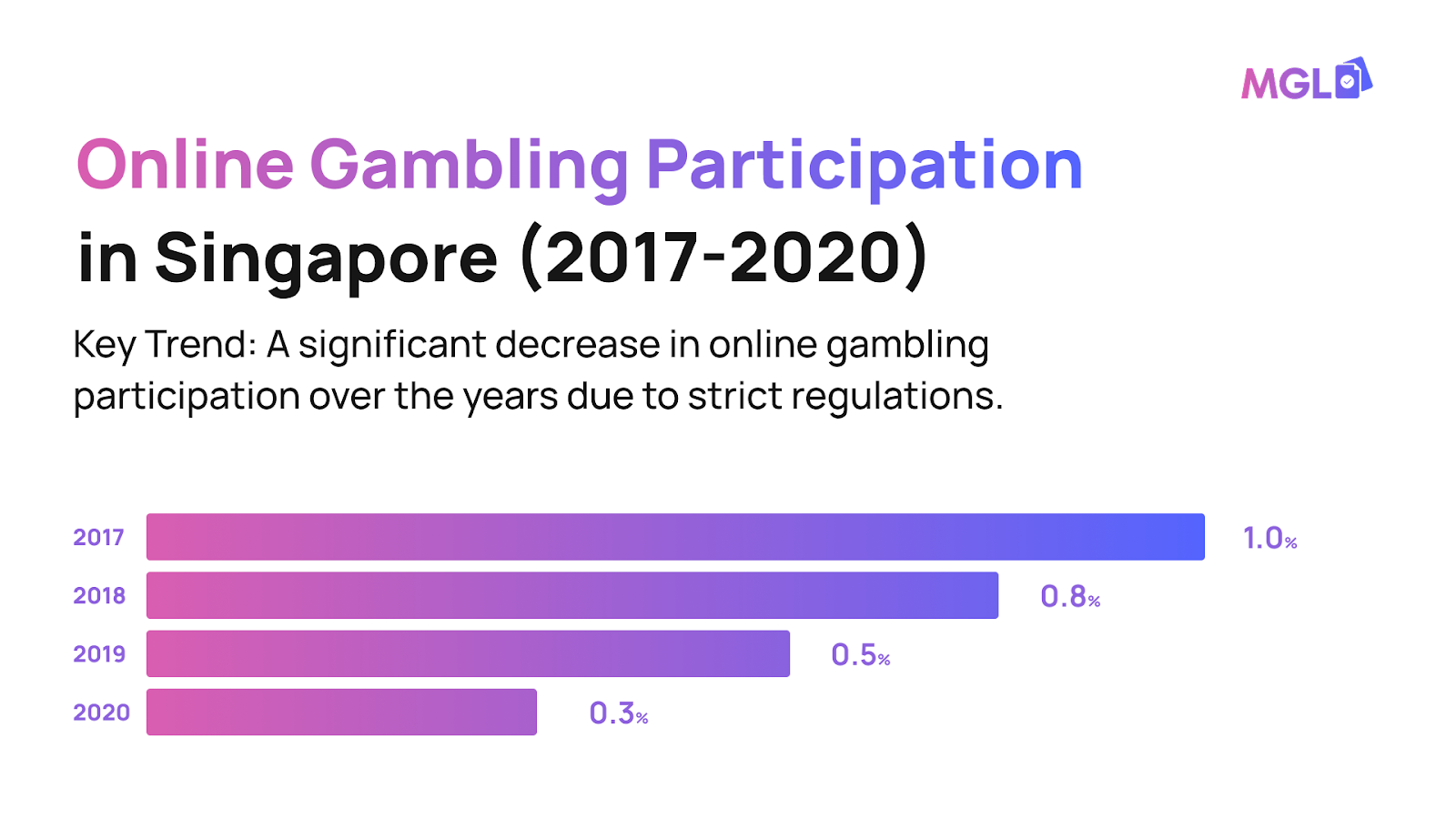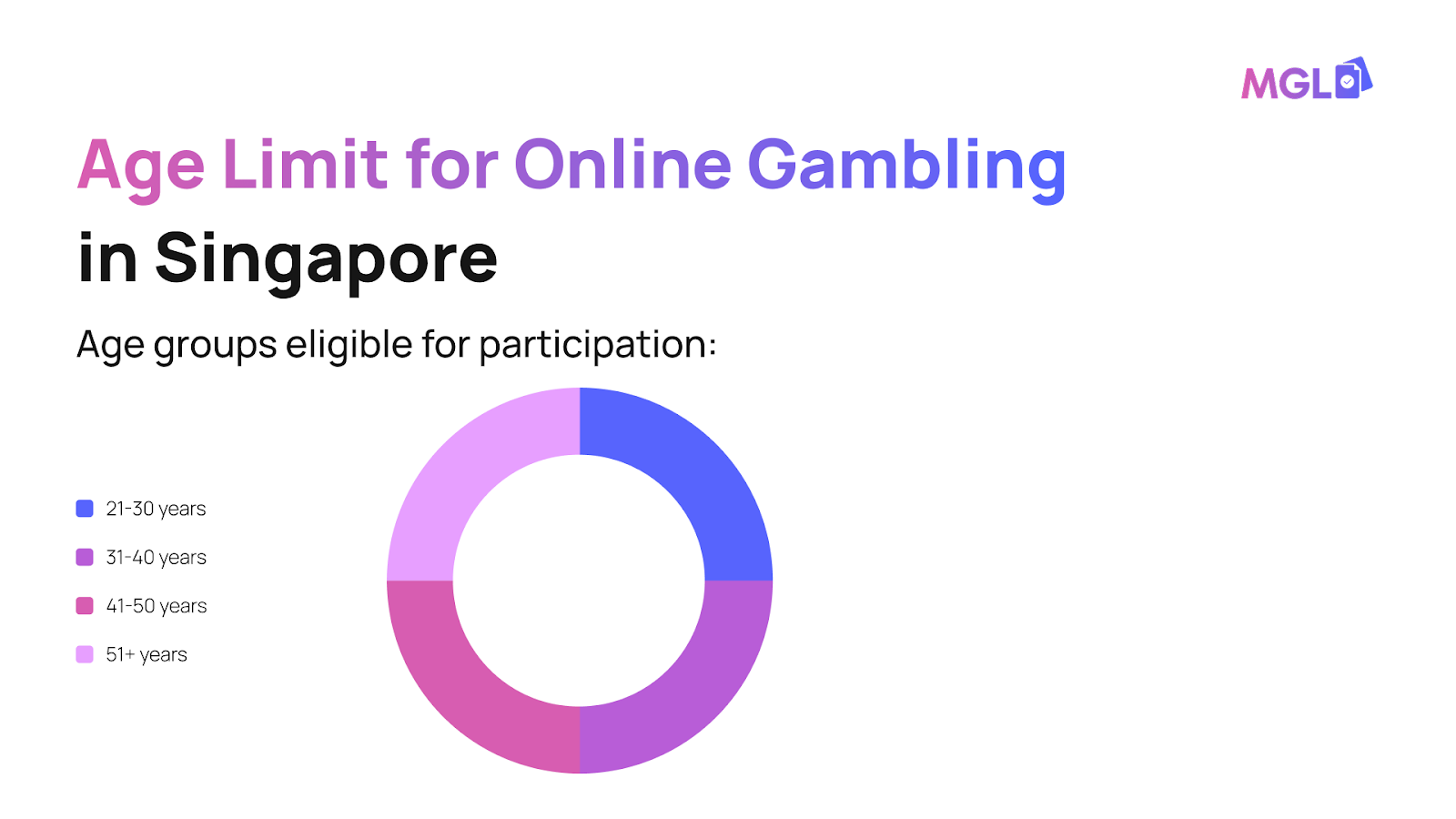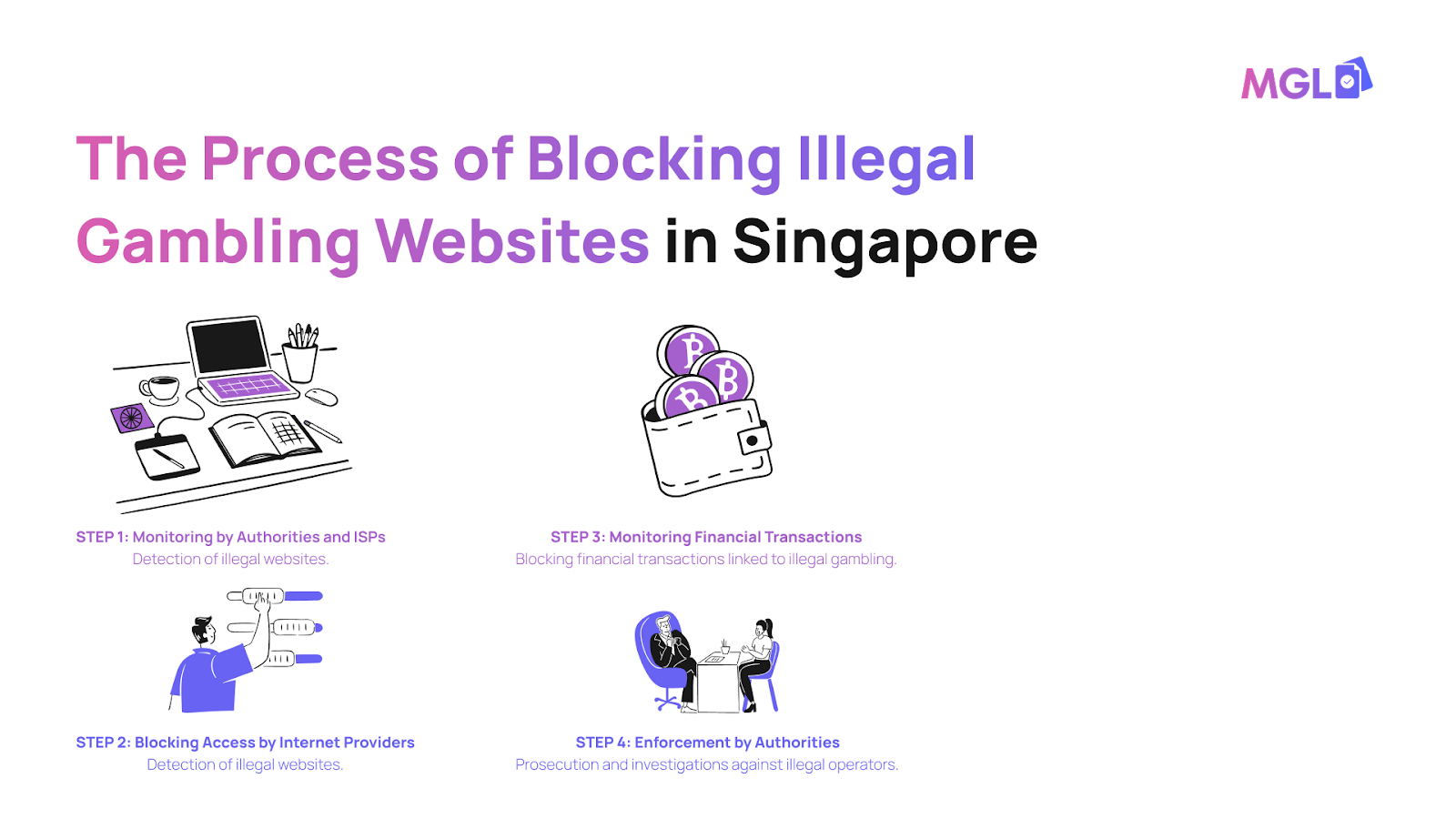Singapore is one of the most tightly regulated and mostly restricted markets. But even in a place where operators are watched closely, it’s still possible to build a successful business. To do that, though, you’ll need to be nearly perfect.
The government takes a strict but structured approach. It has a zero-tolerance stance toward unregulated online gambling and even bans some activities that are popular in many other countries. Still, that isn’t necessarily a deal-breaker.
Let’s explore what’s allowed, what’s banned, how to build a business there, and what the future might look like.
Key Laws Governing Online Gambling in Singapore
Like any jurisdiction, online gaming legislation in Singapore is based on two key things: the Gambling Control Act 2022 and the Gambling Regulatory Authority.

The first one — Gambling Control Act 2022 or GCA — is the central regulating law in the country. Since it took effect just three years ago, it has replaced older laws and regulates all forms of gambling except for casinos
Under this law, all gaming operators must be licensed by the government. Otherwise, they operate in Singapore illegally.
The Gambling Regulatory Authority (GRA) oversees all gaming activities in Singapore, both offline and online. It issues licenses and monitors the activities of legal operators. It also checks if operators follow rules under the Gambling Control Act 2022 like responsible gambling, data protection, and anti-money laundering.
At the same time, the regulator limits the number of operators offering online gambling legally. The primary requirement is that they must be licensed by the government.
Whether it’s monopoly or strictly regulated legislation, but right now the only approved online gambling operator is Singapore Pools. This is a state-owned company.
That means that private companies, local or foreign, can’t offer online gambling to people in Singapore unless they get a license, which is very rare. There is no room for offshore gambling.










Types of Online Gambling in Singapore
Singapore’s online gambling legislation is strict but straightforward: only licensed operators are allowed to offer gaming activities in Singapore — and even then, not all types are permitted.
The only local operator, Singapore Pools, offers a limited range of activities:
- Online lotteries (traditional lottery games)
- Online Sports Betting (betting on football, motor racing, horse racing, and more)
Only these activities fall under the regulation and approval of the GRA. They come with conditions: players must be at least 21, verify their identity, and reside in Singapore.

On the flip side, some online gambling activities that are very popular in other countries are strictly prohibited. Websites offering poker, roulette, blackjack, slot machines, and other casino-style games are illegal in Singapore, especially if they’re run by unlicensed operators.
Social gambling and peer-to-peer platforms, like private betting chat groups or apps are also illegal.
Since more things are banned than allowed in Singapore, let’s take a closer look at what’s off-limits.
The same applies to promoting and advertising these services in or from the country. It doesn’t matter if the site is based overseas — if you’re in Singapore and use it, you’re breaking the law.
Players also can’t freely choose any online gambling platform. Participating in unlicensed gambling websites is prohibited for users too.
Some players try to bypass restrictions by using VPNs to access offshore gambling websites. Don’t think twice, it’s also illegal in Singapore. Using a VPN to hide your location or trying to gamble on an unlicensed site can still result in prosecution.
The authorities actively monitor such activities and block illegal websites through local internet providers.
Financial transactions linked to offshore gambling can also be flagged and stopped. If payment services are linked to illegal online gaming, authorities can block them.
Who Can Operate and Participate
Even with strict rules, online gambling does exist in Singapore, and it’s possible to start a business here. But you’ll need to meet very tough compliance standards.
Only companies incorporated in the country can legally operate online services. That means operators must have a Singapore-incorporated private limited company with a local registered office. There is no option for private or foreign companies to submit a license application in this country.
Plus, at least one Singapore-resident director is mandatory. In addition, operators need to have sufficient paid-up capital depending on the scale of the gambling activity they plan to offer.
The GRA also conducts a fit-and-proper assessment, which looks into the company’s financial stability, reputation, and the background of its key personnel.
The market is highly regulated not only for operators but also for players. Online gambling is only open to people who are at least 21 years old and reside in Singapore.
But before they place their first bet, they must go through identity checks on the platform. This helps to check they aren’t under any exclusion or self-exclusion order. For operators, that means they have to implement these identity checks for players.
Tight regulation works. Online gambling remains a minority activity in the country. Numbers are decreasing year by year. In 2017, about 1% of adults gambled online. In 2020, only 0.3% of adults were still gambling online.
Why Singapore Maintains Strict Control Over Online Gambling
Strict regulations are not a rare thing. More and more jurisdictions start to regulate iGaming. In some cases, it helps them increase their credibility. But mostly, the authorities are so strict only because they have to protect their society, economy, and legal order.
Singapore is no exception. In fact, it’s known for having one of the strictest legal systems in the world. In everyday life, people in Singapore can face heavy fines for offences that might be seen as minor in other countries. So it’s no surprise that Singapore takes a similarly strict approach when it comes to online gambling.
Legally, regulations like the GCA are in place to ensure all gambling activities are fair, transparent, and free from criminal influence. This helps prevent unlicensed operations and upholds the integrity of Singapore’s gambling framework.
There’s only one operator in the country, and it’s a government-owned company. That means the industry is fully controlled by the state.
Socially, these laws protect vulnerable groups like minors and people at risk of addiction. Strict age limits, identity checks, and exclusion programs are used to reduce problem gambling and prevent the social fallout it can cause in families and communities.

Economically, tough controls help prevent online gambling from being misused for money laundering, fraud, and other financial crimes.
This matters to Singapore. The country has a reputation as a trusted financial hub, so it’s especially important to keep illegal activities out of the system.
What Players and Operators Should Know
Local authorities expect both players and operators to understand their responsibilities and follow the rules closely. Otherwise, they could face serious Singapore penalties for violating local gambling laws.
Unlicensed operators can face fines of up to $500,000 and jail terms of up to seven years.
This might be one reason why there’s only one legal operator in Singapore. Repeat offenders, as well as those who promote or run unlawful gambling, can face even tougher punishments. Illegal platforms can be blocked, and their assets taken away.
To avoid these penalties, licensed operators must follow strict rules. They are required to verify that all users are at least 21 years old and are not on any exclusion lists.
They must also protect users' personal data, promote responsible gambling by offering tools like deposit limits and self-exclusion, and report regularly to the GRA.
Because Singapore protects its financial reputation, all transactions must be transparent, and credit betting is not allowed.
Starting from January 1, 2025, the Singapore Police Force took over the task of blocking illegal gambling websites. This includes working with internet providers to ban access to unlicensed platforms and stopping financial transactions linked to illegal gambling. They carry out investigations to catch illegal operators and promoters.
Players are also closely monitored. They should only use official, licensed platforms like Singapore Pools, which follow local laws and have proper age checks and safety measures in place.
Using offshore or third-party gambling sites is illegal and risky for bettors. From 2019 to 2022, authorities arrested over 2,400 people in Singapore for illegal gambling. They had bet through prohibited online platforms or unlicensed bookies.
Players who take part in illegal gambling may be fined up to $5,000 and jailed for up to six months.
The main thing players and operators should know is that Singapore isn’t the easiest place for gambling. Dealing with a very strict regulator can cost a lot of time, money, and motivation.
Bottom Line
You can’t call Singapore a “Silicon Valley” for gambling. The local market isn’t just tightly regulated; it’s practically closed. There’s only one operator, the government-run Singapore Pools, and it only offers two types of gambling: sports betting and lotteries. Everything else, including offshore websites, is off-limits.
The goal isn’t just control; it’s about protecting people, keeping crime out, and making sure gambling doesn’t harm society. With tools like site blocking and payment monitoring, the system is designed to catch illegal activity early.
Is it really worth it? Probably not. The Singapore market isn’t very active — less than 1% of adults choose gambling as a form of entertainment.











.png)



.svg)
.png)

